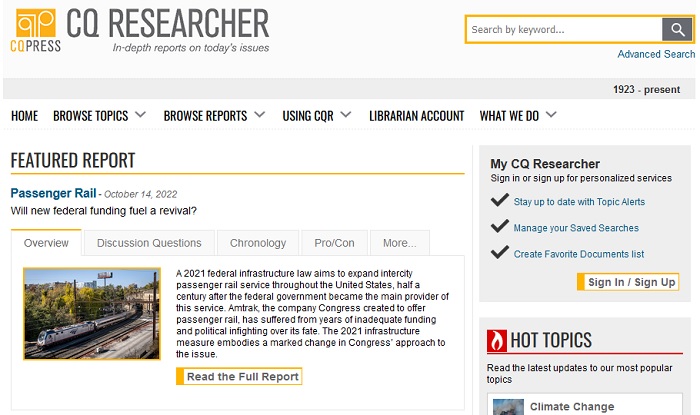Election Day is November 8th in the United States, when a free people have the power to decide who serves in their government, at the federal, state, and local levels. There are several useful tools that registered voters can use to prepare for their civic opportunity – some would say civic duty – to vote.

The Indiana State government offers a voting website that has tools to help citizens check their voting status if they don’t know it, register to vote (for later elections), and find their polling place. Because this is the first election after the redistricting mandated by the results of the 2020 census, prospective voters should take care that they know where their polling location is (Indiana did not gain or lose any representation this time, but Ohio, Michigan, and Illinois all did, affecting their district lines).
Vote 411 is a website that lets you view what your state and national options will be on your ballot (although not local races or public questions like judicial retention) and compare them. You may also wish to communicate with current office holders. Their contact information is publicly available online – if you live in Indiana, you can find your Indiana state senator or representative here; and for Ohio, look here. For federal representatives, the listing can be found here.

A free election requires an informed electorate. The library is an excellent repository for information that can be used in making your voting decisions. A major resource is the local newspaper, the Palladium-Item, which frequently runs articles about local candidates, such as this one about those running for the School Board. While the positions and backgrounds of state and national politicians are easy to find, local news sources are indispensable for learning about and making an informed decision among less well-known candidates running for a county, city, or municipal office.
The library also offers a number of databases which help to learn about governmental issues. Databases like ProQuest Political Science and EBSCO Military and Government Collection are great tools. One of the best is CQ Researcher, which offers comprehensive reports and analysis of major political hot topics and social issues. Each topic also includes a chronology briefly describing major events affecting that issue. Note that, despite being named ‘Congressional Quarterly’, it is produced by journalists, not the US government. Official government websites can be identified by the ‘.gov’ ending.

Need any help with finding the resources you need? You can Ask Us at iueref@iue.edu or click this button:


